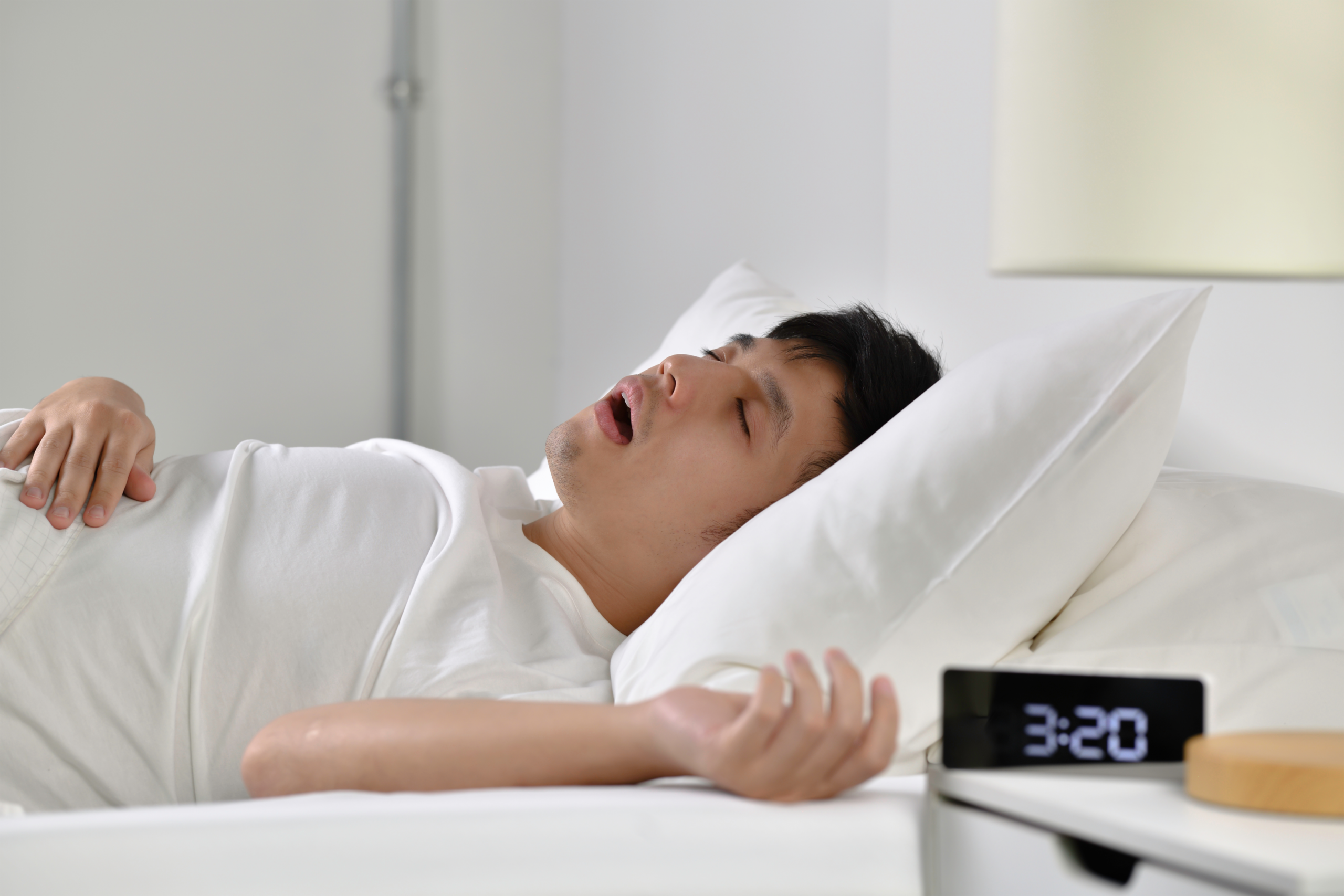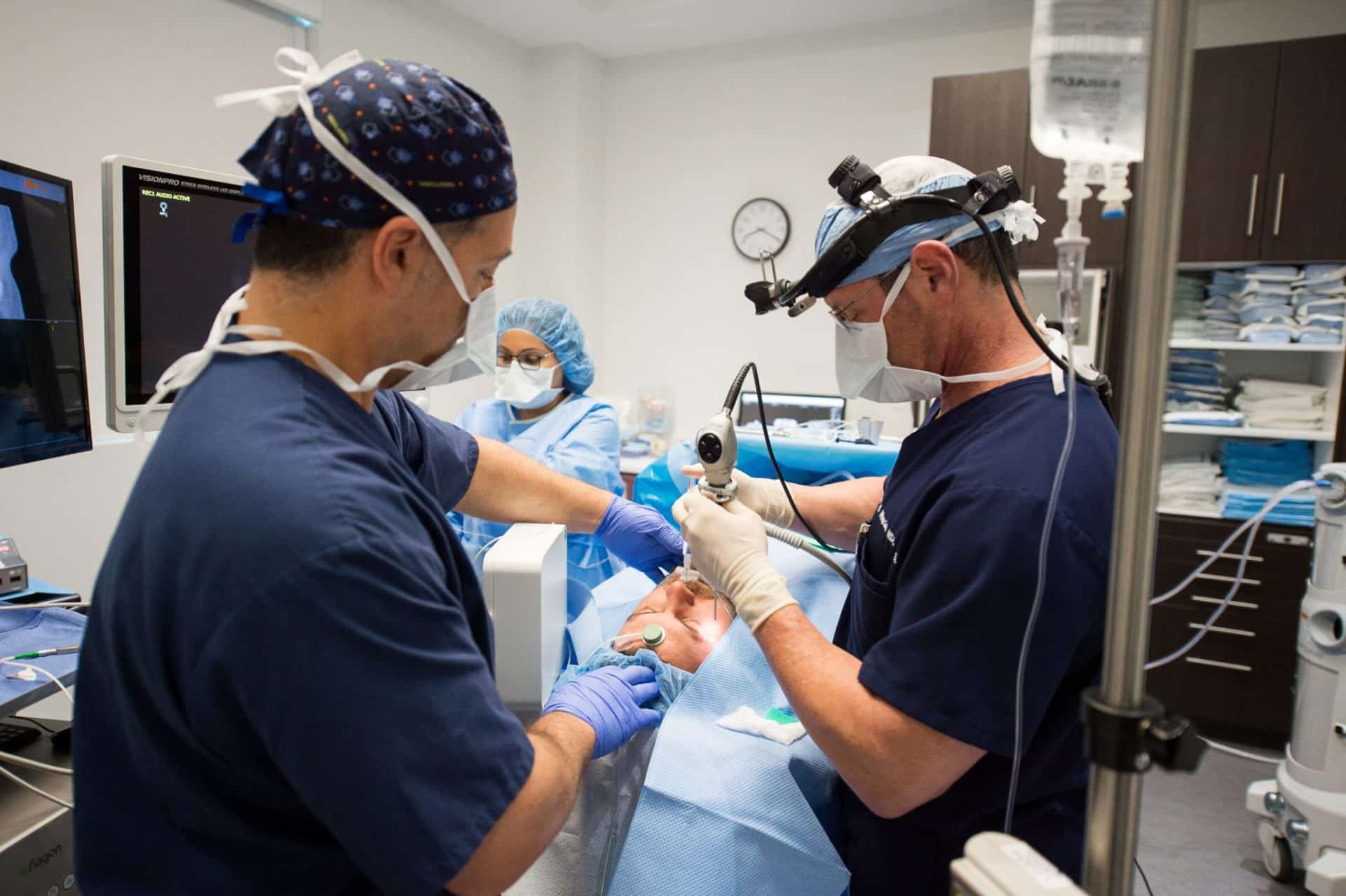Has the phrase “You are snoring again!” ever roused you from your sleep? Or maybe you are the one who often has to deliver that message to your bed partner. Snoring is a common problem that disrupts sleep for many, so you may have given anti-snoring nose strips a try. They are popular for their simplicity and non-invasive design, and the best part is, that you can find them at any grocery store or pharmacy.
Unfortunately, they do not work for everyone. There is no such thing as “right nasal strips”. They can bring you some temporary relief, but for most people, the effect is minimal. The effectiveness of nasal strips is not universally recognized in scientific studies, making them a hit-or-miss solution.
Also Read: How to Cure Snoring And Sleep Apnea (Yes, Really)
What Makes You Snore?
Before we discuss why nasal strips cannot always help you stop snoring, you have to understand the reason behind why you snore. When you are asleep, the muscles in your throat stop working. Ideally, air should flow smoothly into your lungs when you breathe. But if the pathway that the air travels through (your throat and nasal passages) is partially blocked, the air has a harder time getting through.
As the air pushes through this narrow space, it causes the relaxed tissues in your throat (the soft palate and uvula) to flutter or vibrate. This vibration is what creates the sound we recognize as snoring. The tighter the passage, the more intense the vibration, and the louder your snoring will be.
How Effective Are Anti-Snoring Nose Strips?
These are small adhesive bands that you stick on the outside of your nose. Snoring strips or nasal strips work by physically holding open your nostrils and the sides of your nose to increase airflow, which can help reduce snoring – but only if your snoring is primarily caused by blockages in the nasal passages, such as from a stuffy nose.
With that said, if your snoring originates from deeper within the throat — for example, if it’s due to the vibration of the soft palate or if it’s related to the position of your tongue or the relaxation of throat muscles — then these internal nasal dilators aren’t going to be as effective.
Here are some other reasons for snoring for which a nasal strip is unlikely to work:
Obstructive Sleep Apnea (OSA)
OSA means your throat tissues partially or completely block your airway, so you stop breathing briefly several times throughout the night. Snoring associated with OSA requires more advanced treatments like CPAP (Continuous Positive Airway Pressure) machines or surgery.
Extra Tissue at the Back of the Throat
This means your upper airway is being constricted; the weight of the neck is squeezing the airway closed during sleep.
Poor Muscle Tone in the Throat and Tongue
If your oral muscles have excessively loosened up, they will collapse and fall back into the airway when you lie down. This can happen due to aging or the consumption of alcohol or certain sedative medications before sleep.
Large Tonsils or Adenoids
Tonsils and adenoids are tissues located in the throat and nasal area, respectively. If these are larger than usual, they may partially block the passage through which air moves in and out during breathing, and this create the snoring sound. Nasal strips have absolutely no effect on this type of internal obstruction either.
Sleep Position
Gravity naturally affects the position of your body’s tissues and organs. Your tongue and other soft tissues surrounding it are not tightly secured to any rigid structure that can keep it in place. When you are lying on your back, there is nothing to stop them from moving towards the back of the throat. This prevents the air from passing through your airway freely. This is why positional therapy (sleeping on the side) is recommended as part of treatment for snoring and sleep apnea.
Unique Oral Anatomy
Some people have a long soft palate or uvula that vibrates more than normal. Similarly, a deviated septum (a displacement of the wall between the nostrils) can also sometimes cause snoring by obstructing the airflow through the nose.
An Alternative Approach: Minimally Invasive Palatal Stiffening (MIPS)
The MIPS procedure developed by Dr. Lee Mandel at Florida Sinus & Snoring Specialists is specifically designed to treat snoring caused by issues described above, including an overextended uvula and a soft palate that is too soft or floppy.
Double board-certified Dr. Mandel uses a gentle laser to make small, controlled abrasions on the soft palate and sometimes to shorten the uvula. The soft palate is the soft part of the roof of your mouth, and the uvula is the little dangling tissue you see at the back of the throat. Both of these contribute to snoring when they quiver excessively during sleep.
Here is how it works:
- Stiffening the Soft Palate: The laser causes the soft palate to solidify as the cuts heal. A firmer soft palate vibrates less during breathing when you are sleeping.
- Shortening the Uvula: If your uvula is too long, it could cause you to snore by vibrating against the throat or by obstructing airflow. Snipping its length helps prevent this.
The key idea is that by making these parts of the mouth less likely to move loosely, they do not tremble as much, and thus snoring is reduced. The in-office procedure is quick, usually taking only 3 minutes, and is done under light sedation. Since MIPS does not involve any cutting or removing large amounts of tissue, you can return home within a couple of hours and resume your normal activities within a day.
In case your snoring or OSA is caused by a deviated septum or other nasal- or tongue-related issues, Dr. Mandel and his medical team also offer:
- Minimally invasive sinus, snoring and sleep apnea surgery
- Computer-assisted, CT-guided sinus surgery (3-D sinus surgery)
These additional procedures can be combined with MIPS (or not), depending on your case. We recommend scheduling a consultation at any of our offices in Fort Lauderdale or Plantation, FL to learn more.
Also Read: Silence The Night: Finding Your Snoring Permanent Solution
Florida Sinus & Snoring Specialists: Lasting Solution to Snoring
Anti-snoring nose strips are a good temporary solution, but at the end of the day, they are a band-aid for nasal congestion and not a cure. If you have sensitive skin, using them night after night may also give you a rash, contact dermatitis, or dry, peeling skin. If you’re tired of relying on them and looking for a treatment that addresses the root cause of your nasal airflow obstruction, contact us at Florida Sinus & Snoring Specialists.
We can perform a low-impact surgery under local anesthesia right in our office. The entire process is so quick, many patients schedule it during their lunch hour! Call us at (954) 983-1211 or contact us online to discover a new level of breathing comfort today.


